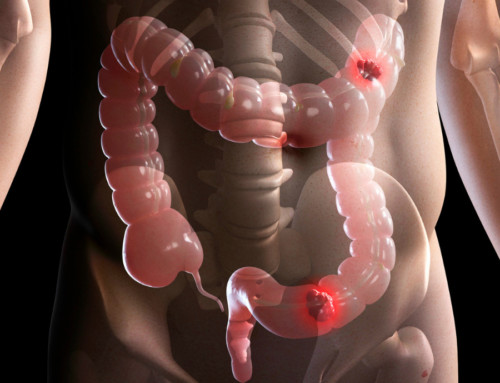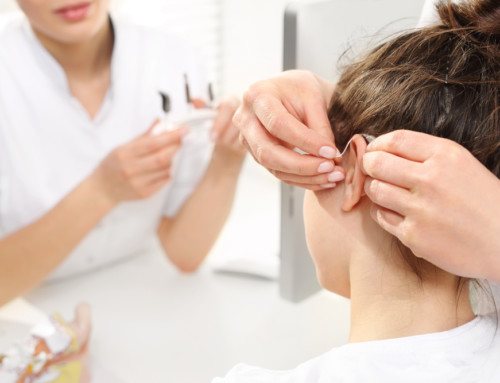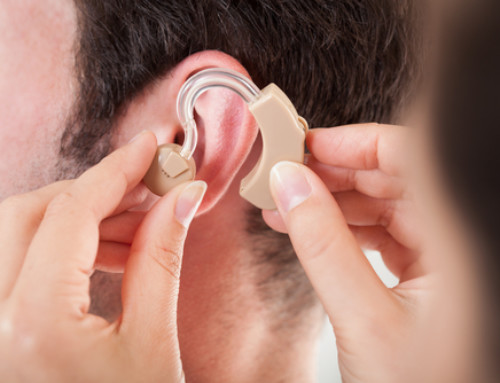 Excellent news — your knee or hip replacement surgery has gone off without a hitch. You’re ready to transition from the surgery phase into the recovery period. All that’s left to do is to sit back and wait, right?
Excellent news — your knee or hip replacement surgery has gone off without a hitch. You’re ready to transition from the surgery phase into the recovery period. All that’s left to do is to sit back and wait, right?
Actually, there’s plenty left for you to do. Recovery may seem like a waiting game, but you can be proactive during your recovery process, to take extra care of your body, get you feeling back to your normal self sooner, and prevent any future issues.
For both hip and knee replacements, you can take the following steps to help your recovery process go as smoothly and quickly as possible.
1. Find a Physical Therapist
Depending on where you get your surgery, you may have some one-on-one time with a physical therapist following your operation. These medical professionals are musculoskeletal experts who help patients recover through exercises that slowly engage the area that was subject to surgery. Don’t skip sessions with your physical therapist — this is a key part of your recovery process. Regular movement is crucial following surgery, and can prevent the buildup of scar tissue. The more exercise you do, the sooner you’ll be able to get back to your daily routine.
Remember, after a hip or knee replacement surgery, part of your body is new. The prosthesis may not feel the same as a natural joint, and a physical therapist will retrain you on how to move your body. While you can get exercises from the internet, or advice from a friend who has gone through the procedure, none will be as helpful as a plan that’s tailored to you by a licensed physical therapist.
Depending on your motivation levels, it may be enough to see a physical therapist two or three times a week. If you’re not encouraged to stay on track with your movements on your own, a daily visit may be necessary for the first three crucial months.
2. Help Your Body Sleep Well
Recovery can disrupt even the soundest of sleepers’ nights. The American Association of Hip and Knee Surgeons reports that more than half of patients are likely to wake up because they’re experiencing pain. Painkiller use and discomfort may also keep you up at night. Difficulty sleeping often starts in the second to third week of recovery, when you’re likely to be more active and start reducing your dosage of painkillers from the hospital.
Disrupted sleep isn’t ideal at any time in your life, but it’s especially problematic while you’re recovering from surgery. The sleep cycle is when your muscles heal and your body releases hormones that encourage tissue growth — two very important elements after surgery. If you’re experiencing a difficult time sleeping, try limiting your strenuous activities and consider taking painkillers at least one hour before bed. Both efforts will help restore your sleep cycle, and allow for valuable healing time to continue.
3. Achieve and Maintain a Healthy Weight
Prostheses are designed to support an average person’s body weight. If you weren’t at an average weight before, pre-surgery is an excellent time to make it happen. Take preemptive fitness measures before your procedure, to get yourself within the ideal category — a Body Mass Index (BMI) of 25 or less. Some doctors will encourage weight loss before surgery; even if your doctor hasn’t mentioned it, it’s a good idea to check your own BMI and keep your body as healthy as possible before surgery.
If you weren’t at an ideal BMI before surgery, pay special attention to your health after surgery. Prepare to eat a healthy diet during your recovery months. Physical activity isn’t an option immediately after surgery, so be thoughtful about your eating habits and daily movement in order to maintain a healthy weight. If you do put on a few pounds during recovery, you can commit to working it off once you’re back to full force!
4. Avoid Stress and Strain
If you’re feeling strong and your pain is minimal, that’s great — but don’t push your abilities right after your surgery. Even if you’re walking without the aid of an assistive device, you still need to wait some time before carrying large or heavy items.
If you have to make sudden turns that depend on your knee or hip, turn your entire body, rather than completing the regular movement. Yes, this may slow you down a bit, but it will help you avoid any surprise strains which can severely delay your recovery time.
5. Follow Advice from the Experts
When you leave the hospital, you’ll have a long list of medication, exercises, vitamins, and other supplies that will aid in your recovery process. Medical professionals give advice for a reason, so follow it. If the surgeon says you should wear compression socks to reduce the risk of blood clots, go get those socks. If it’s recommended you take vitamins and supplements to help your body heal, order the vitamins and set an alarm to take them regularly.
The point is, experts don’t give recommendations arbitrarily — there’s a scientific reason for everything they suggest regarding your body. You only get one body, so be open and willing to follow guidance from the people who’ve spent their entire lives studying how to take care of it.





